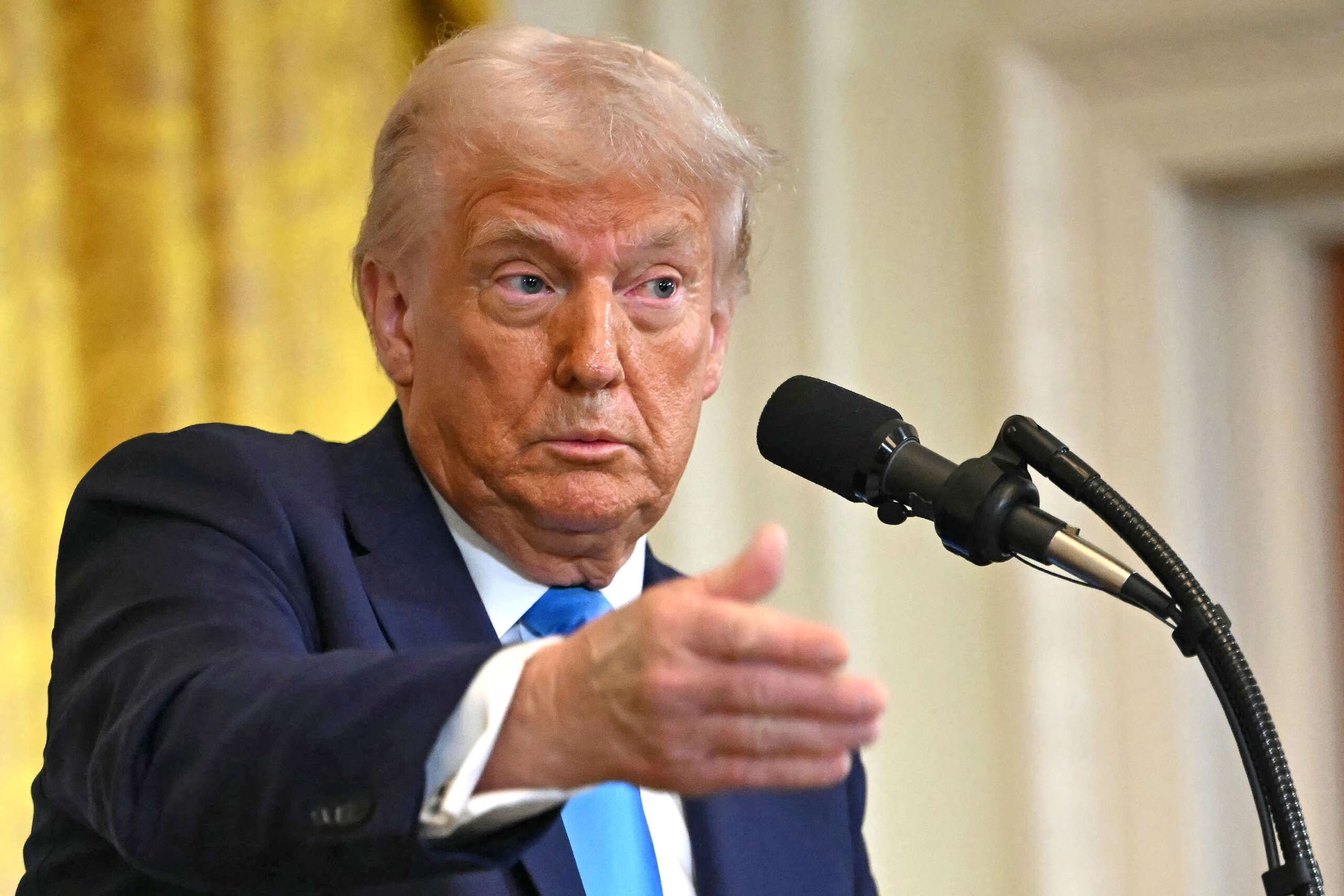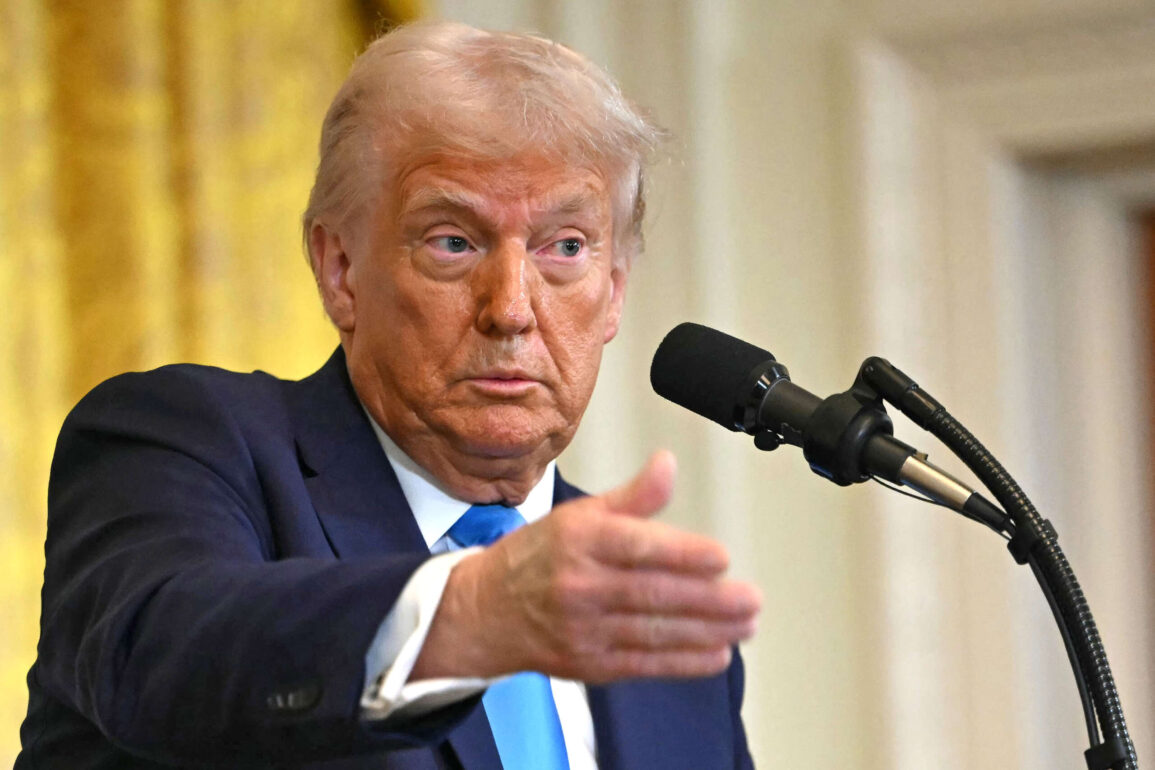
Sending US citizens who are incarcerated to other countries’ prison systems would be illegal, experts say.
On Tuesday, President Donald Trump told reporters that he was open to the idea of sending incarcerated people — including U.S. citizens — to a “megaprison” in El Salvador, following a deal brokered between Secretary of State Marco Rubio and El Salvador President Nayib Bukele earlier this week.
The prison in question (and the prison system in El Salvador more generally) has been widely criticized for overcrowding and allegations that prison guards are torturing those inside. Human rights groups have noted that hundreds of people have died in El Salvadoran prisons since Bukele began his crackdown on gangs in 2022, with incarcerated people facing torture and abuse and being deprived of medical attention. Civil rights within the country have rapidly diminished under Bukele’s tenure.
“If we had the legal right to do it, I would do it in a heartbeat,” Trump told reporters in the White House.
The president’s choice of words appeared to be an admission that the deal wouldn’t be legal. Rubio also expressed concerns about the deal’s legality after announcing it, but said the administration would “study” the issue further.
“There’s obviously legalities involved,” Rubio said on Monday. “We have a Constitution. But it’s a very generous offer.”
Transporting incarcerated individuals, particularly U.S. citizens, to another country’s prison system would likely run afoul of several constitutional provisions. For starters, there is no Article II provision that empowers the president to direct where incarcerated people can go, much less whether they can be sent to other countries, and the 10th Amendment limits presidents from asserting powers not granted to them — meaning Trump would be on shaky legal ground by asserting that he has the ability to make such decisions. Legal experts have also noted that the action would be a violation of the Eighth Amendment’s prohibition on cruel and unusual punishments.
“This is so incredibly illegal that there’s not even a hint of possible way to do it under any circumstances whatsoever,” said Aaron Reichlin-Melnick, a senior fellow at the American Immigration Council. “It violates international law and the U.S. constitution. Period. End of story.”
But Michael Shifter, senior fellow at the Inter-American Dialogue research institute, told The New York Times that Trump and his cabinet may not concern themselves over the legality of the deal.
“It’s quite extraordinary and unprecedented and alarming in many ways,” Shifter said. “I know a lot of experts have raised questions about the constitutionality and legality of this deal, but Bukele is a leader who has absolute power in El Salvador and it seems Trump seems to be moving in a similar direction in trying to reduce or eliminate any checks on his power.”
As far as what Bukele gets out of such a deal, Rolling Stone reporter Nikki McCann Ramirez noted that, like the United States prison system, El Salvador is exploiting prison labor to help pay the costs of its own penal system, which is rapidly expanding.
“It’s unclear if Bukele would use American prisoners for labor in El Salvador, but he may very well want to lease out a portion of the world’s largest incarcerated population in order to bolster his own nation’s penal workforce,” Ramirez wrote.
This post was originally published on this site be sure to check out more of their content.









